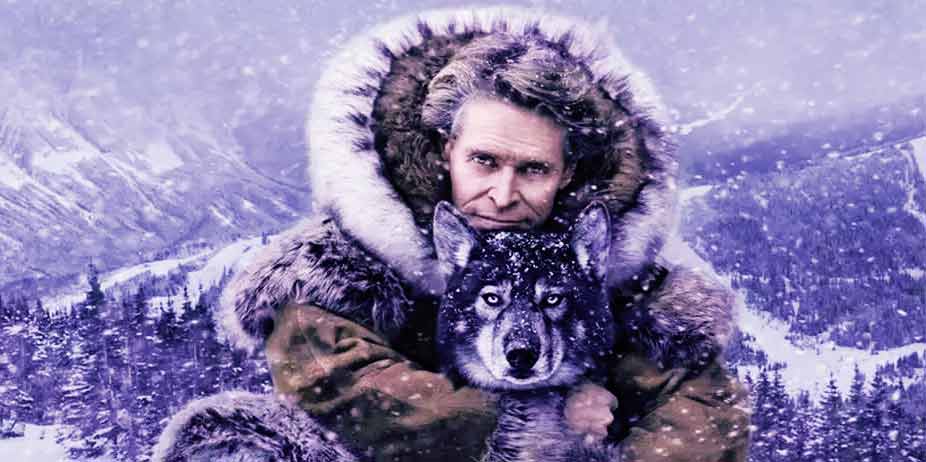 Togo (2019)
Togo (2019)
Most people have heard of Balto, the sled dog responsible for bringing a vaccine to Nome, Alaska to help out in a diphtheria pandemic. Lauded as a hero by newspapers of the time, Balto has an animated movie about him and a statute in Central Park. What few know is another dog, Togo, covered over three-fourths of the terrifying, life-threatening race to save lives. Named as TIME's most heroic animal of all time, Togo at long last gets his own cinematic treatment on Disney+.
Diphtheria rages in the small town of Nome, Alaska. Hundreds of miles from the precious vaccine needed to save the local children from certain death, the town leaders turn to the one man they know can go the distance. Leonhard Seppala (William Dafoe) is a crusty sled-runner with an expert team of dogs led by the charismatic, energetic, and determined Togo. But he says no. The winter storm about to hit, he predicts, is going to be "memorably bad." There's no way a musher and his dog team can get through that.
But if he doesn't, the children may die.
He makes up his mind well before dawn, and sets out on a dangerous run to fetch the medicine that will tax not only his life, but the skill, leadership qualities, and loyalty of his twelve-year-old lead dog. As Seppala sets out through the blinding snow, he remembers how Togo was an unmanageable pup. Uncontrollable. There was not a fence he could not dig out of, a house he could not break out of. Seppala called him "Satan," but his wife, Constance (Julianne Nicholson) knew that if this runt of the litter could just have a chance, he'd bring "a survivor's heart" to the breed. And as luck would have it, that's what they need now -- a survivor to lead the way.
If you're thinking this movie might make you misty-eyed, it will. Anyone who has ever loved a dog will understand. Togo was a special animal, and as Seppala comes to understand (though he never says it on-screen) ... some animals come "for just such a time as this." It's no coincidence this dog came into his life, twelve years before all the children in a small town would need him. And it's no coincidence, the bond he and Seppala shared. That's what makes this story beautiful, beyond the friendship between man and beast, and the enormous courage of canine and human alike in the rugged wilderness. The idea that there is something driving them on, that there is true meaning in what unfolds. The story flashes back and forth between the present and the past, but is never confusing. It has scenes to make you laugh (puppy antics), scenes to make you cry (triumphs and the prospective of loss), and scenes in which you want to die of a Husky puppy's cuteness.
The script is simple and meaningful. The music is wonderful. The use of actual dogs instead of CGI canines is a treat. As is the shots of Alaska. Dafoe turns in a great performance as a crabby older man who comes alive once he sees the purpose Togo holds, and Nicholson is a great foil for him. Her Constance is a good-humored but tough mountain girl, who knows him better than he knows himself. Man and beast risk their lives to save others and although it's intense and frightening in places, it's a heartwarming story to watch in the dead of winter. And it's nice that now, Togo has been given his due.
Language:
Several mild profanities (hell, damn).
Violence:
A dog breaks through a window, and gets injured (he has
blood on his side, but is all right); a dog hurts his paw on an icy incline, and
a woman later binds it. Many scenes of intense situations threatening sled dogs,
a musher, and their sled. They almost fall off a cliff, are almost swept away
when the ice breaks on a raging river, etc.
Other:
Children and sensitive adults may get teary over the
prospect of a man losing his favorite sled dog; characters wonder if that dog is
going to make it.
